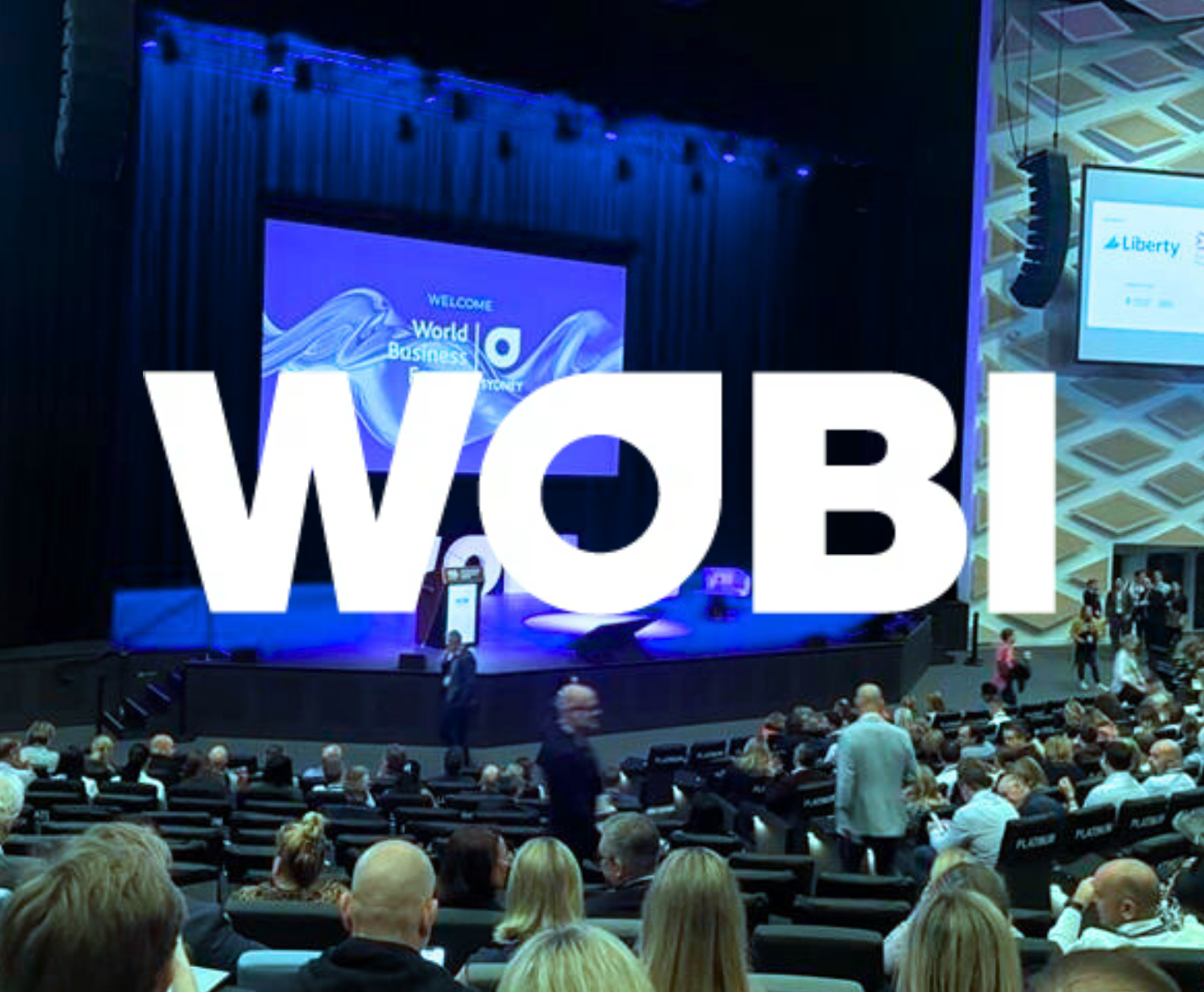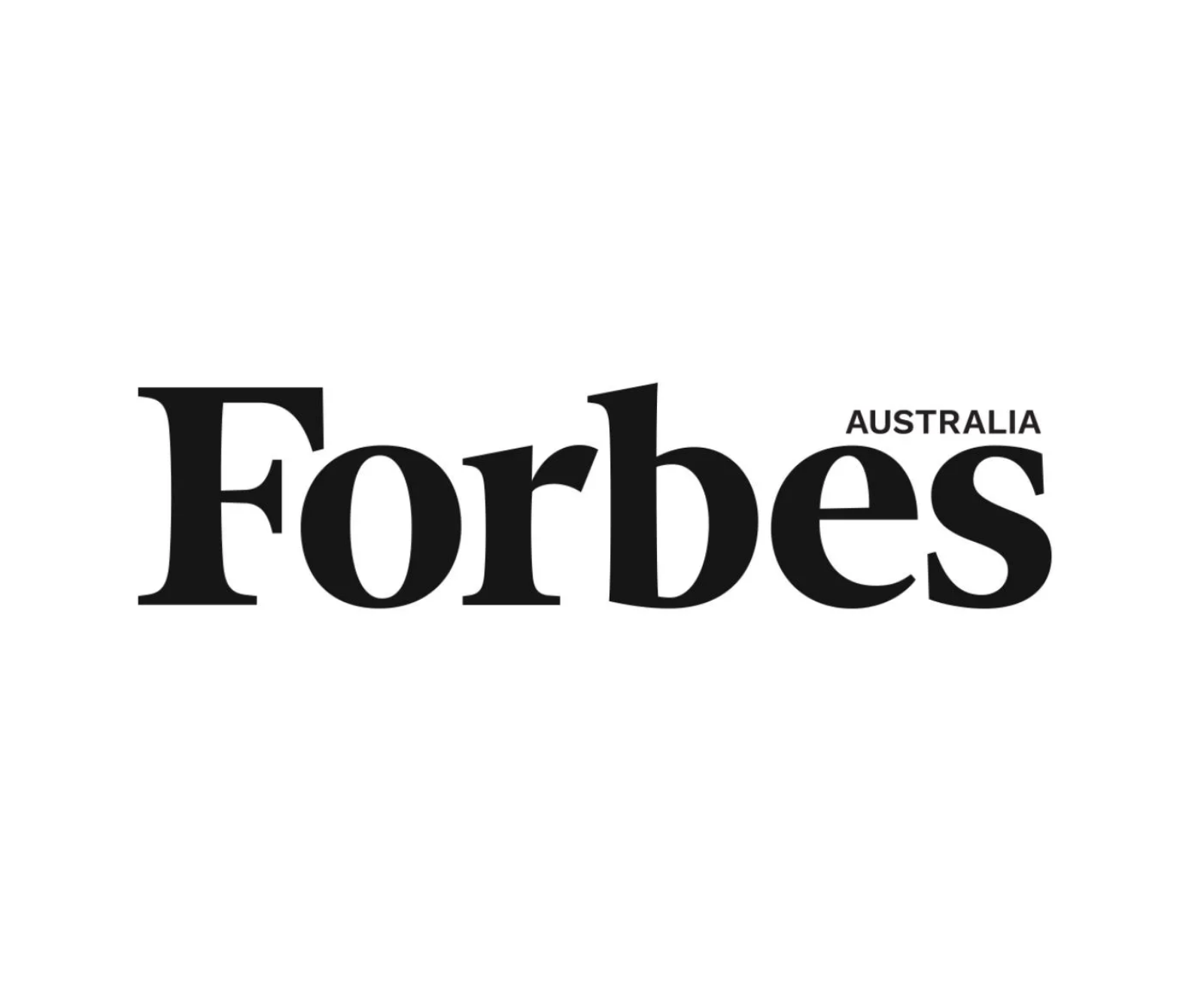With the ringing in our ears of abrupt changes over recent weeks, it’s easy to mishear that as the worst being over. We all realise there will be more distress of unforeseeable magnitude, but response to the COVID-19 pandemic – one which Maximus has labelled Managing Through Crisis – which began with the shutdown of global travel in March, is largely past.
As airlines hit the tarmac, and suburbs under take-off and landing strips around the world got used to the sound of birdsong, corporate managers established the basics of leading virtually, surprised in many cases by the serviceability of Zoom. Often overwhelmed by the logistics of maintaining (or suspending) operations while adjusting for the safety of workforces, and perhaps sharing daytime parenting in home offices, in the unprecedented time of COVID-19 leaders faced these immediacies with a similar sense of urgency as we saw in the response to the Australian bushfires that raged over summer. Yes, that was this year too, so for travel corporations, hotel groups and independents, holiday-destination communities, those in hospitality and businesses like Airbnb in Australia, 2020 has dealt them an unimaginable double blow.
In its own framework for COVID-19 response, McKinsey & Company describes the phase just ending as a time to urgently grapple with “near-term cash-management challenges”; the immediate safety of customers and workers; technological threats to business security; and the impacts on business partners and supply chains.
Brent Duffy, Joint Managing Director of Maximus says, in setting up new operating rhythms, “corporate leaders have relearned the value of communicating with simplicity and clarity”, as demonstrated by country leaders such as New Zealand Prime Minister Jacinda Ardern. The efforts of other heads of state have taught us empathy, in some cases they continue to provoke incredulity.
While traditionally structured businesses may have found re-marshalling their resources for the COVID-19 era extremely challenging, more flexible youngsters, such as Shebah, the rideshare service driven by women and catering to women and children, pivoted more easily to support the new needs – food delivery, for example – of confined communities.
Breweries, such as Brazilian-owned AB InBev, Brewdog in the UK and CUB have recalibrated equipment to produce hand sanitiser, a critical ingredient to preventing the spread of Coronavirus. Clothing manufacturers such as Nike and Gap have spun new lines in personal protective equipment (PPE). And companies the likes of 3M, General Motors, Tesla, Ford and Phillips are among manufacturers turning their production lines to the mammoth global requirement for life-saving ventilators.
“Businesses set up to work in agile ways, with progressive cultures, have gained a head start on potential recovery,” observes Duffy, or at least adapted to maintain some turnover and with that a level of employment. Some, such as telco Vodafone, redeployed large numbers of employees from retail to call-centre-based duties and, along with Telstra, engendered great goodwill by automatically increasing customers’ data allowances at home to enable the massive locked-down uptick in digital communications and entertainment.
“The positive for leaders who couldn’t see the potential for their businesses to make agile shifts while dealing with cash flow and safety issues, is that Phase Two offers time to explore those possibilities,” notes Duffy.
PHASE TWO: ADAPTION IN AN ERA BEYOND TECHNOLOGICAL “DISRUPTION”
It’s time now to take a step back from admirably cobbled-together systems, to recognise that nobody in living memory has had to manage through a pandemic, let alone in a global trade and supply chain environment as interconnected and interdependent as it is today.
“We’re encouraging leaders to come up for air, contact their brains trust, connect to their business networks,” says Duffy. Sharing war stories from the past four weeks can be cathartic. “Take inspiration from the resilience and perseverance of people around you and continue to fill your bucket by having these ongoing conversations as we lean into what’s coming,” he says.
Refocusing on purposeful leadership will help organisations obtain clarity on individual and organisational choices and direction. Refining and strengthening purpose can help both leaders and frontline managers to get on with new business as that becomes possible, and shape success from crisis.
This period post-Easter to at least the end of July represents an opportunity to effect change at both an enterprise and systems level. McKinsey describes these stages as “Return” and “Reimagination”.
- Return refers to the need to “create a detailed plan to return business to scale quickly”, as the knock-on effects of COVID-19-19 emerge.
- Reimagination describes the imperative to recognise that a “discontinuous shift” in world economic systems and employment is in progress – things will never be the same. How can leaders shape outcomes for their organisation? Their industry?
In the December 2019 issue of M magazine, Maximus interviewed Bina Venkataraman, author of The Optimist’s Telescope: Thinking Ahead in a Reckless Age, who suggested one of the most useful tools of the future thinker is to use prospective hindsight. That is, to imagine one or two potential desired scenarios and work backwards from the future to identify a decision tree that would lead to those points.
“It overcomes our tendency to ask, ‘OK, which future is more likely?’… It helps you to see the ways in which you have agency and choice to shape particular futures,” Venkataraman says.
Maximus has recently encouraged leaders to consider how they want their teams to experience their leadership during these times of tumult, heightened risk and anxiety, and what they want to be remembered for. Being deliberate and focused, with outcomes in mind, even if those outcomes must remain flexible, has never been more important.
Further, leaders will have gained new insights into employee ability and desire to manage workflows from home, to form virtual and effective response teams and to come up with operational solutions in radically altered circumstances. Now is the time to recognise and collaboratively reorganise for such capabilities.
“It’s essential for leaders and organisations to bring a healthy dose of perspective and outside-in thinking to their business. Never has there been a more critical time for reflection, deep thought and lateral perspective.”
– Brent Duffy, Joint Managing Director, Maximus
PHASE THREE: RE-ENTRY – A CHANGED RHYTHM
Maximus anticipates several more months of uncertain times during the recovery phase. “It’s vital that leaders re-establish trust with employees whose personal and professional circumstances are likely to have been affected by the long lockdown,” says Duffy. “Clarity of purpose and honest and constant reappraisal of risks and opportunities will help relieve anxieties and strengthen their commitment.”
The opportunity is to set a new rhythm for engagement and connection with one another, along with the altered business environment. Leaders should steer toward a bright and identified future, while having contingency plans for less optimistic outcomes. “Despite uncertainty, seek out and capitalise on the positives that will surface during this period. There will be efforts of individuals, teams, business units, and from within the culture as a whole to focus on,” says Duffy. “Celebrating these achievements and ideas and rolling them into the future direction of the business will build confidence.”
In many work environments, leaders may have to allow their teams time to accept that the new normal can no longer follow the old normal, and that preconceptions around work and connection have been altered for good.
The period coinciding with Re-entry will see a distressing dichotomy of winners and losers across the globe. “Success in the post-COVID-19 world will depend on rapid adoption of winning systems, identified in the Adaptation phase and refined in response to external factors,” says Duffy. “It’s essential for leaders and organisations to bring a healthy dose of perspective and outside-in thinking to their business. Never has there been a more critical time for reflection, deep thought and lateral perspective.”
This article was conceptualised and written by the team at Maximus including Vanessa Gavan, Brent Duffy and James Aris.







